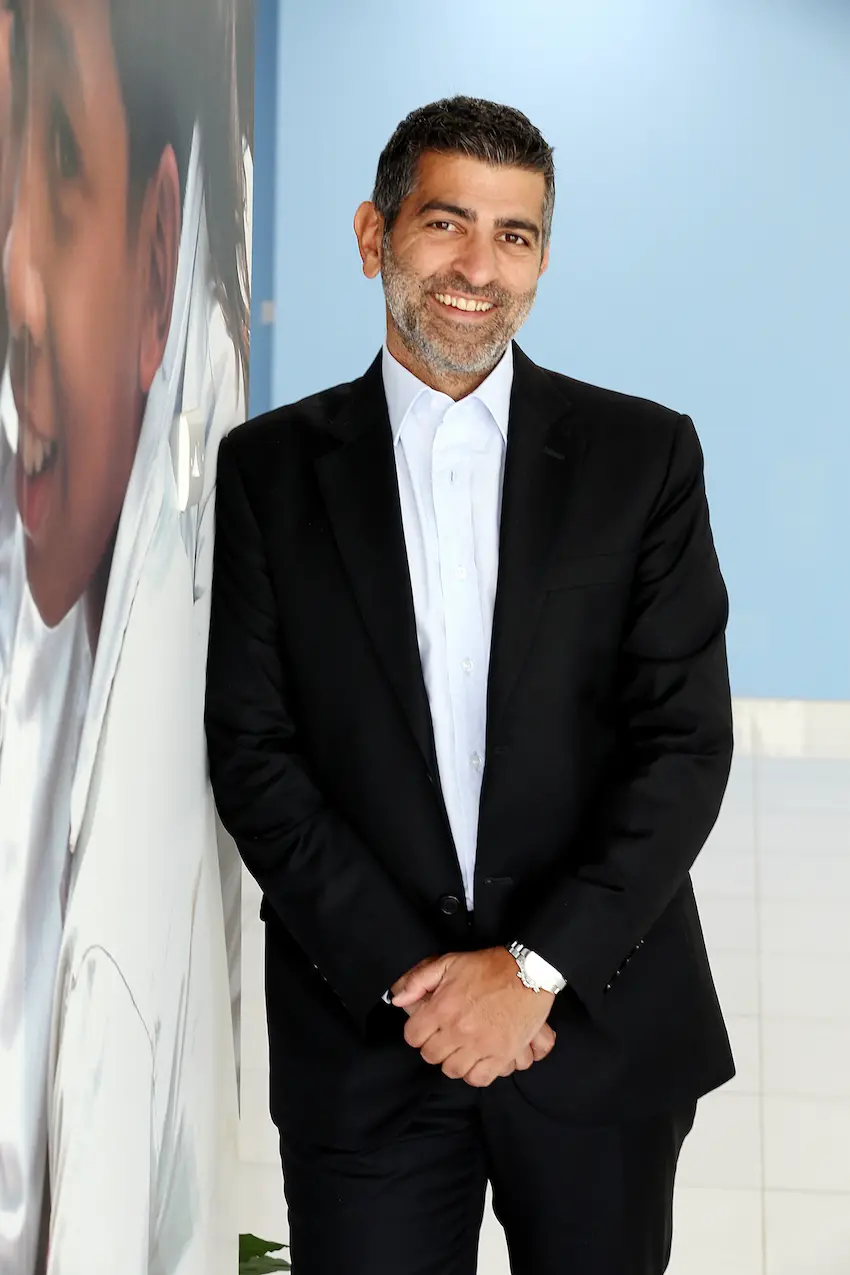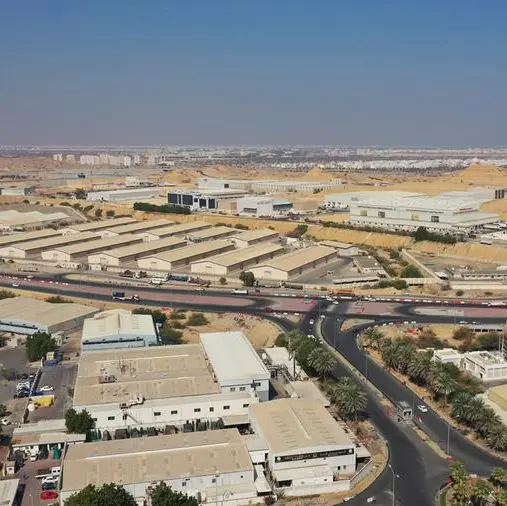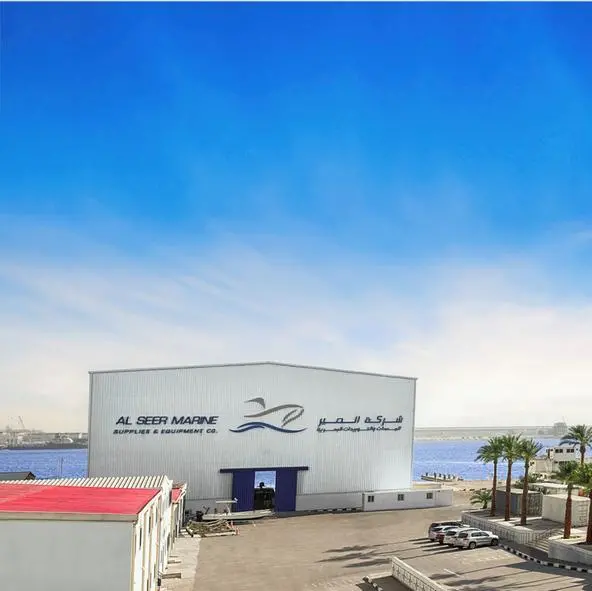PHOTO
The coronavirus outbreak caused much more than a health crisis – it also caused operational challenges for globalised companies, overwhelming their supply chains, and unravelling their resiliency strategies.
Xylem, the US-based global water solutions company, was among the successful few to weather the coronavirus storm, and the new set of operational challenges resulting from the ongoing global Issues.
Naji Skaf, Xylem’s Managing Director for Middle East and Turkey, said the company was successful in mitigating various challenges thanks to a resilient business model.


“With the challenges that are happening, whether on the supply chain or the material cost inflation, those are things we must worry about. But we have the resilience in our business model to meet those challenges.”
On the supply chain front, for example, the company reached out early to its global supplier base that numbers around 11,000.
“We immediately moved to securing bulk purchases. Rather than being a price-sensitive customer, we became a partner with our suppliers,” he said.
Local manufacturing presence, especially in the Middle East, helped Xylem to benefit from the comfortable labour situation here.
“We have been able to do manufacturing on-time and sometimes, ahead of the curve because not everyone was able to draw in the raw materials into their manufacturing facilities. That allowed us the flexibility in the system when it came to transformation of the work we do locally.”
“Whatever time we may have lost in the beginning of the cycle, we gained in the end of the cycle, enabling us to deliver to our customers largely on time.”
Another mitigating factor was that the company’s main customers, that include utilities, who own the water infrastructure, and the contractors, who build them, understood that Xylem’s cost base is reliant on many factors -- commodity prices, material prices, supply chain complexities.
“There has been a good level of collaboration, from the utility companies to the contractors to the technology suppliers to make sure we can maximise the ability to deliver projects,” he said.
“The utility companies are mature enough to understand that if they don’t ease the squeeze in the system, the project is not going to be delivered at the right time, right scope and right budget,” Skaf said.
Digital push
On the other hand, with infrastructure investments taking time to get implemented due to various shortages, Xylem spotted an opportunity to push its digital solutions addressing challenges like Non-Revenue Water (NRW) losses and water quality.
“What we have seen is that utilities started to focus more on efficiency improvement, and this is where we were able to showcase digital solutions. We have provided assessment services to try to minimise water loss utilising smart balls from our digital suite. We help send the teams to the right places to fix the leaks.”
“When you talk about huge projects, you start by assessing the environment and you want to make sure that you are not changing the chemistry of the water around you. We provide technology to do that which is part of continuous monitoring systems for quality control.”
“How do you get more out of your established infrastructure? This is where our portfolio of digital products is very impactful,” said Skaf.
The renewed focus on efficiency, according to the Xylem executive, isn’t a transitory phenomenon but permanent change.
“In certain areas, where the installed base is already there, it is about making it more efficient. In other areas, it is the mindset of building capacity because that’s where the challenge is, so efficiency takes second priority, but it will come eventually.”
Strengthening local presence
On the ground, Xylem is establishing manufacturing facilities in emerging markets, taking into consideration factors like population and industrial bases.
“In Turkey, a supplier ecosystem is in place which delivers components to us at the right quality. We are investing in the country to develop an industrial platform and production facilities for the entire region.”
“Egypt, again, is a demand-driven investment since there is enough sustained local demand to justify a manufacturing facility. In Saudi Arabia, it is the level of investment in infrastructure.”
Skaf said he is positive about the region’s immediate growth prospects as high oil prices boost government coffers.
“With oil prices shooting up, governments will start spending and construction projects start to happen. We see a lot of growth coming from commercial and residential buildings, and from the industrial segment as well, where we are starting to see investment uptick in refining, chemicals and transformation industries.”
(Reporting by Anoop Menon; Editing by Bhaskar Raj)





















